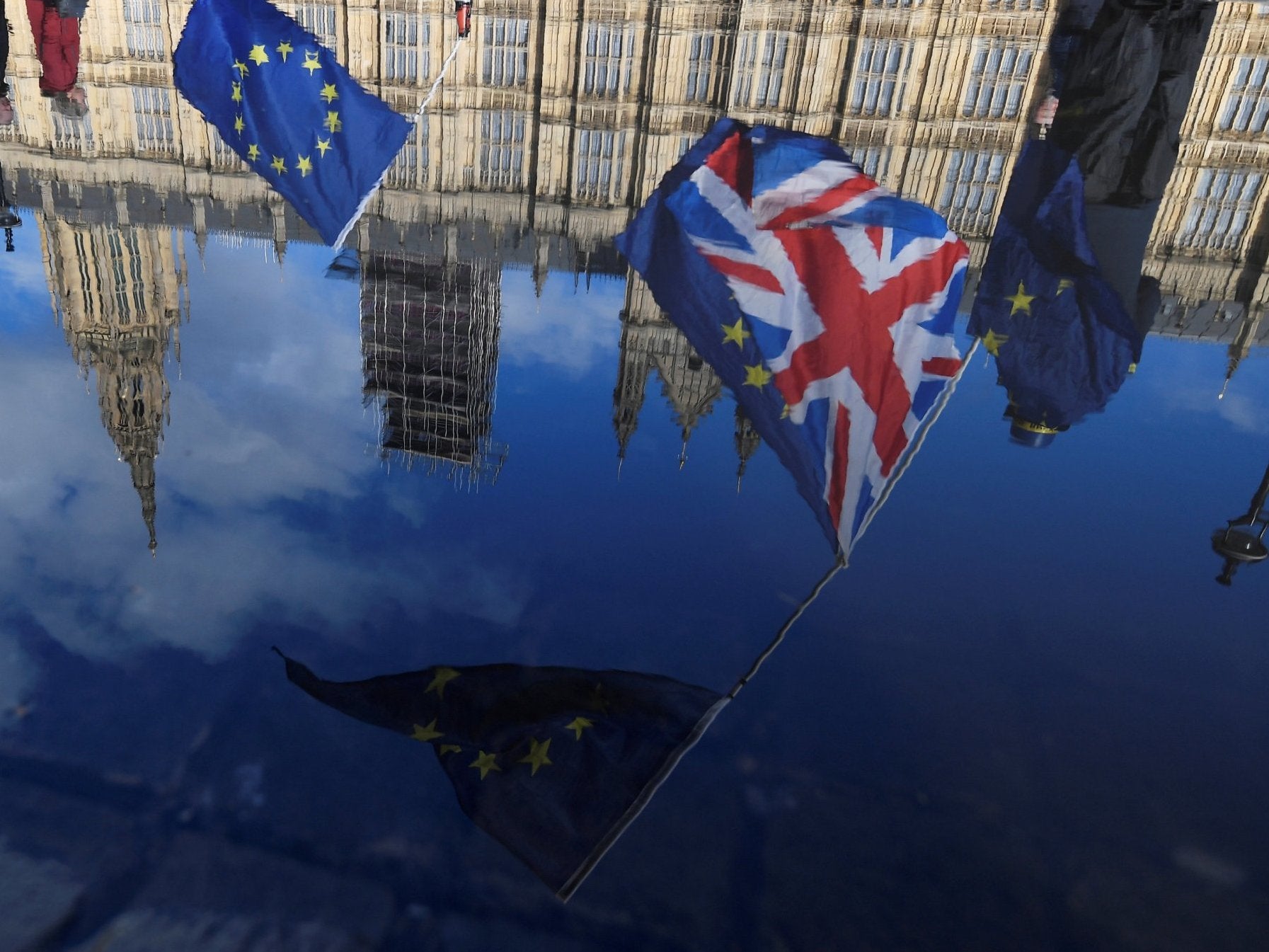The European Union has been at the forefront of the world in renewable energy for the past decade. It has been implementing ambitious targets for its members and propping them up to follow the deadlines. Of course, this has had a variety of reactions on different factions of the society, especially in the UK. In fact, Brexit might as well have been the result of the EU’s tight leash on the island nation.
What are the EU targets? Let us understand the targets set out by the EU:
- 15% share for renewables in energy- this includes electricity, transport and heating!
- Green targets- EU brings about a new set of green targets while pushing the members to stick to their binding targets.

While these may seem not a big deal, achieving these goals means subsidising billions for renewable energy projects that cost the public via their utility bills. Also, the UK is finding it hard to stick to the goals and give results as the growth of the renewables in the country is slower than what was required by the EU.
Does a no-deal scenario mean cheaper electricity then? That is a heavily misinformed phrase as well. While the UK may not have to follow the EU rules in the short term, we should know that Britain’s own unilateral climate change policy is much more stringent than the EU one. For instance, the proposed UK Carbon budget is far more tighter than the UK’s EU share.
A no-deal Brexit also brings uncertainty in the ability to trade energy with the island nation’s neighbours on the European mainland. While energy trading doesn’t stop then and there, there are gross ineffectiveness and inefficiency in the connections. The value isn’t small either as the DC underwater link carries over 2 billion pounds worth of electricity every year.

A free Britain means less import tariffs on solar panels manufactured outside the EU. A competitive market brings down the prices and increases the demand. The government also has its own ambitious climate change policy that will drive the renewable energy sector. But the future remains uncertain as the voices against climate change also play significant roles within the government.
What is the government’s stance on renewable energy? The government does not want to let go of fossil fuels as their Electricity Market Reforms provide subsidies for conventional energy as well. There will be a significant loss in power system stability and network resilience if the UK drifts away from the single energy market in the EU.